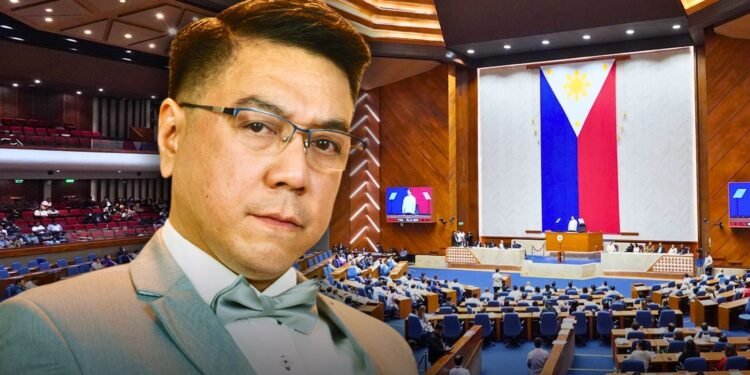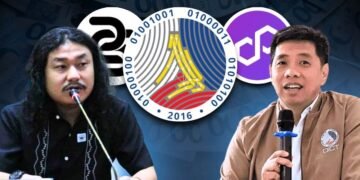A new measure filed in the House of Representatives seeks to convene a Constitutional Convention (ConCon) tasked with proposing amendments, revisions, and corrections to the 1987 Constitution.
Filed as House Bill No. 5870, the proposal is backed by more than 20 lawmakers led by Representatives Ronaldo V. Puno, Jeffrey P. Ferrer, and Antolin Oreta III. The bill was officially received by the House Bills and Index Service on November 11, 2025.
Even before this renewed push from Congress, the need for systemic reform had long been championed by public reform advocates such as Orion Perez, a PGMN anchor and long-time Constitutional Reform activist.
Dumdum has consistently argued that many of the country’s recurring political and economic problems stem from outdated constitutional design. He recently discussed these reforms in-depth on the new Peanut Gallery Podcast, where he and fellow PGMN anchor James Deakin broke down systemic flaws, electoral design gaps, and the urgent need to modernize the Charter.
In the bill’s explanatory note, lawmakers argue that while the 1987 Constitution has guided the country’s democratic order for nearly four decades, it now contains ambiguities, drafting lapses, and procedural inconsistencies that obstruct reforms and weaken public trust in institutions.
They point to specific areas where recurring disputes have emerged, including Article XI, Section 3(4) on impeachment procedures; Article VI, Section 28(4) on tax exemptions, which raises questions on joint versus separate voting; and Article VII, Section 19 on presidential amnesty.
The bill also highlights unresolved tensions surrounding the Judicial and Bar Council (JBC)—particularly its composition—which has prompted multiple Supreme Court interventions due to conflicting interpretations.
Supporters of the measure stress that vague or ambiguous constitutional language creates avenues for political maneuvering and inconsistent enforcement of the law. Legal scholars such as Fr. Ranhilio Aquino and Atty. Alberto Agra have likewise emphasized the need for constitutional updates to strengthen coherence, accountability, and good governance.
Under House Bill No. 5870, the proposed Constitutional Convention would be composed of elected delegates from all 18 administrative regions, proportionally represented based on population. The authors say this structure ensures broad democratic participation while giving space for independent, technically informed voices to guide the reform process.
The bill clarifies that the goal is not to abolish the 1987 Constitution but to refine it—correcting errors, clarifying procedures, and ensuring that the Charter remains functional and relevant for the realities of 2025 and the years ahead. If enacted, the ConCon will be responsible for drafting proposed amendments for public review and eventual national ratification.












